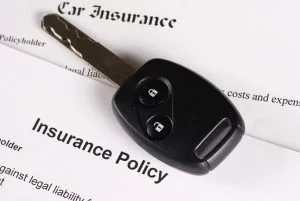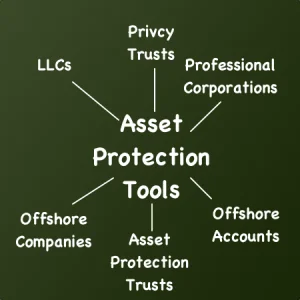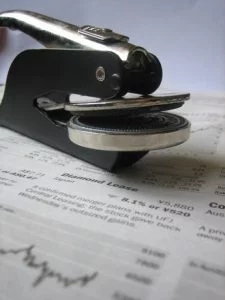
Parents are financially responsible for the actions of minor and dependent children living at home. Families with income, a home or any assets should ask about their risk and liability exposure. Then the should ask how to protect themselves from it. Indeed, courts can hold parents liable for tort claims and, in some cases, criminal acts of minor children. Fortunately, the primary residence, future income, investments and real property can be protected from liability with a solid asset protection strategy.

Parents Are at Risk
Parents should acknowledge the lawsuit risk that actions of their children and children’s friends at the family home represent. Someone can sue the parents for a minor in a car accident. So, from driving the family automobile, to having a social gathering when parents are out of town, the law holds the parents liable. Minor drinking incidents or even skateboarding an empty swimming pool are risks. These are things that most children do before they are independent. All can trigger legal action. Tragedies such as these can turn the family’s financial future around in an instant.
In the cases of a child injury or major accident the parents of the victim typically react emotionally. As a result, many pursue maximum damages in drawn out legal battles. There are contingency attorneys who specialize in these types of cases claiming parental negligence.
Moreover, children can incur tremendous medical bills. When they do, the the parents are responsible for the financial obligation. A Harvard study revealed that 60% of bankruptcy filings are due to excessive medical bills. If your child gets hurt or has a medical condition that requires significant expenditure, just one event could sink the parent’s financial boat.
Any family who has been sued for a minor child’s actions resulting in a judgment or settlement would wish to rewind the clock. They wish they would have implemented a form of protection that secures the family’s financial future from this type of liability.

Insurance is Limited
Insurance policies are one form of protection. The problem is that they come with coverage limitations. They also come with legal teams whose purpose it is to have a claim denied. There are many incidents that insurance does not cover or is beyond the policy liability limits. Therefore, the only personal financial protection, in most cases, is an asset protection strategy.

Family Asset Protection
Families have several options to establish a protection strategy quickly and easily. There are plans that provide a significant amount of security, and do so affordably. Ideally, enact a strategy that protects against lawsuits of child liability prior to the need. The plan can include estate planning tools and asset protection vehicles to double the benefit you receive.
Related content: How to Avoid Lawsuits

Family Protection Instruments
So, what is the solution? The preferred legal tools are the family limited partnership (FLP), and now the family limited liability company (FLLC). They offer excellent lawsuit and judgment creditor protection. Parents are general partners or manager of the entity with with children am member. This is a very flexible and tax neutral legal vehicle that allows you to transfer assets into and out of the partnership or company easily. It also gives some incredible estate tax advantages. First, it protects the assets in the LLC. Second, as the assets in the LLC grow and the parents die, there is not a great transfer of wealth to trigger an estate tax bill.

FLP / FLLC Asset Protection
In the event that a partner or member is sued resulting in a judgment, additional legal action is required to pursue assets encumbered in the entity. A judgment creditor must attain a charging order against the partnership / company interest of the liable party. This gives the creditor rights to that partner’s distributions. However managing partners / managers control asset distributions to the general partners. They do not have to make any distributions to that partner. A charging order scenario is not always attractive to a creditor. That is because they are aware that the one in charge may or may not make distributions to the debtor partner or member. Moreover, the creditor will generally have to pay taxes on the partner’s share of the assets, whether it is distributed or not. (Rev. Rul. 77-137.)

Asset Protection Trusts
Most trusts are estate planning instruments that hold assets for the benefit of trust beneficiaries. Asset protection trusts, on the other hand, form a barrier of separation between the assets and the one to created the trust. Thus, assets encumbered in a properly drafted asset protection trust are not available to satisfy a judgment against a settlor or trust beneficiary. There are several types of trusts available. Some trust use in strategies to protect assets, providing families with strong options to protect income, property and their homes against lawsuits.

Business Entities
The use of business entities to encumber real estate separates the asset from an individual’s name. It can protect the asset from personal liability of the owners. it can also shield against external liabilities, such as the actions of a company member’s child. The LLCs can encumber properties. Asset protection trusts with estate planning provisions can own the LLCs; using the trust in concert with LLCs into a single protection strategy.
Families have liability hazards that come with raising children, driving automobiles and owning homes. In today’s litigious society families should be especially careful with their financial futures. Explore the protection options available with a qualified professional. There are numbers and an inquiry form on this page that you can use to do just that.



